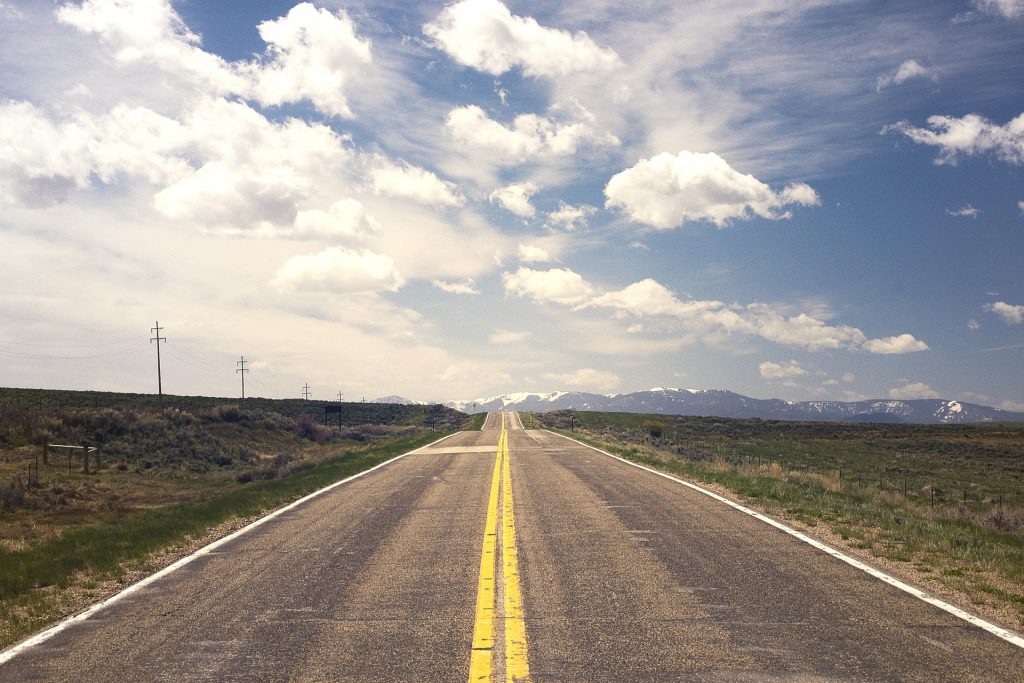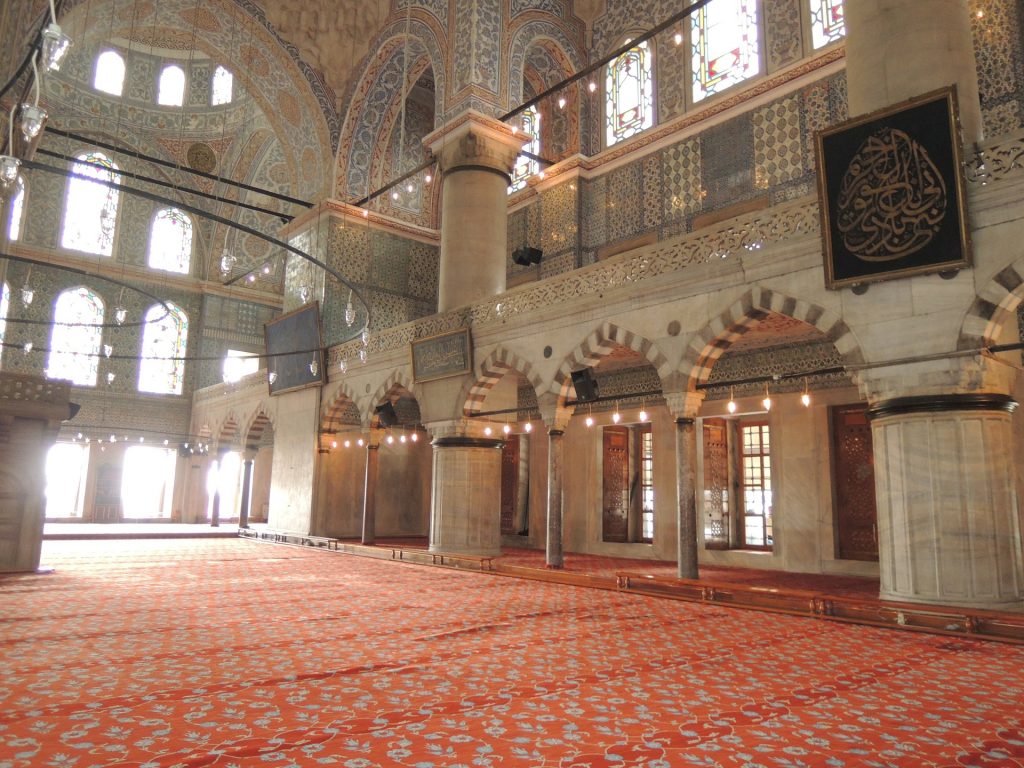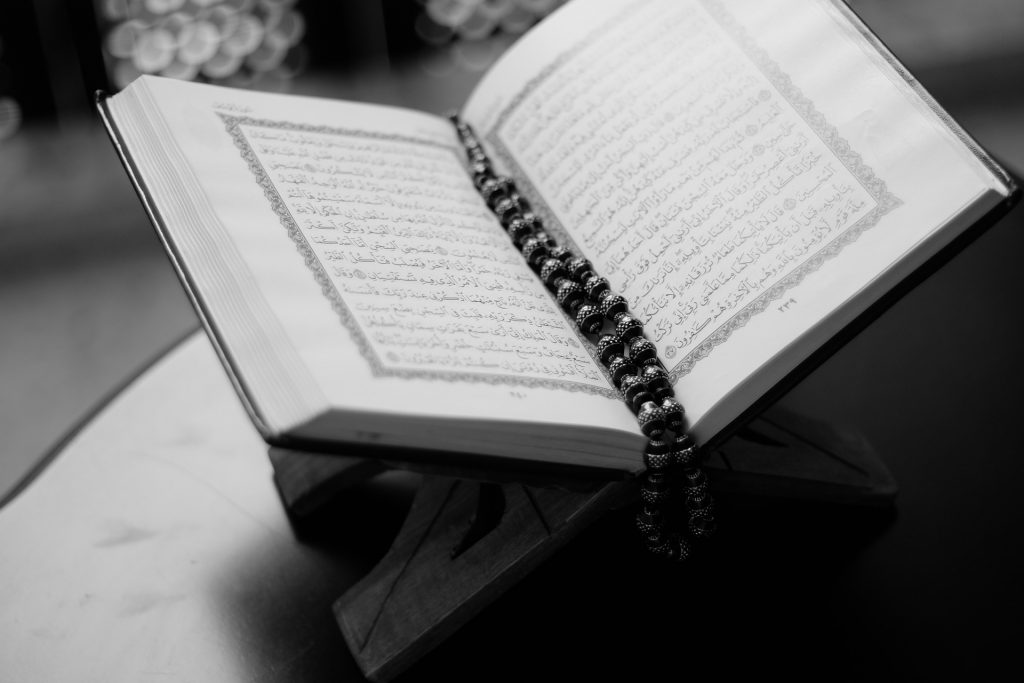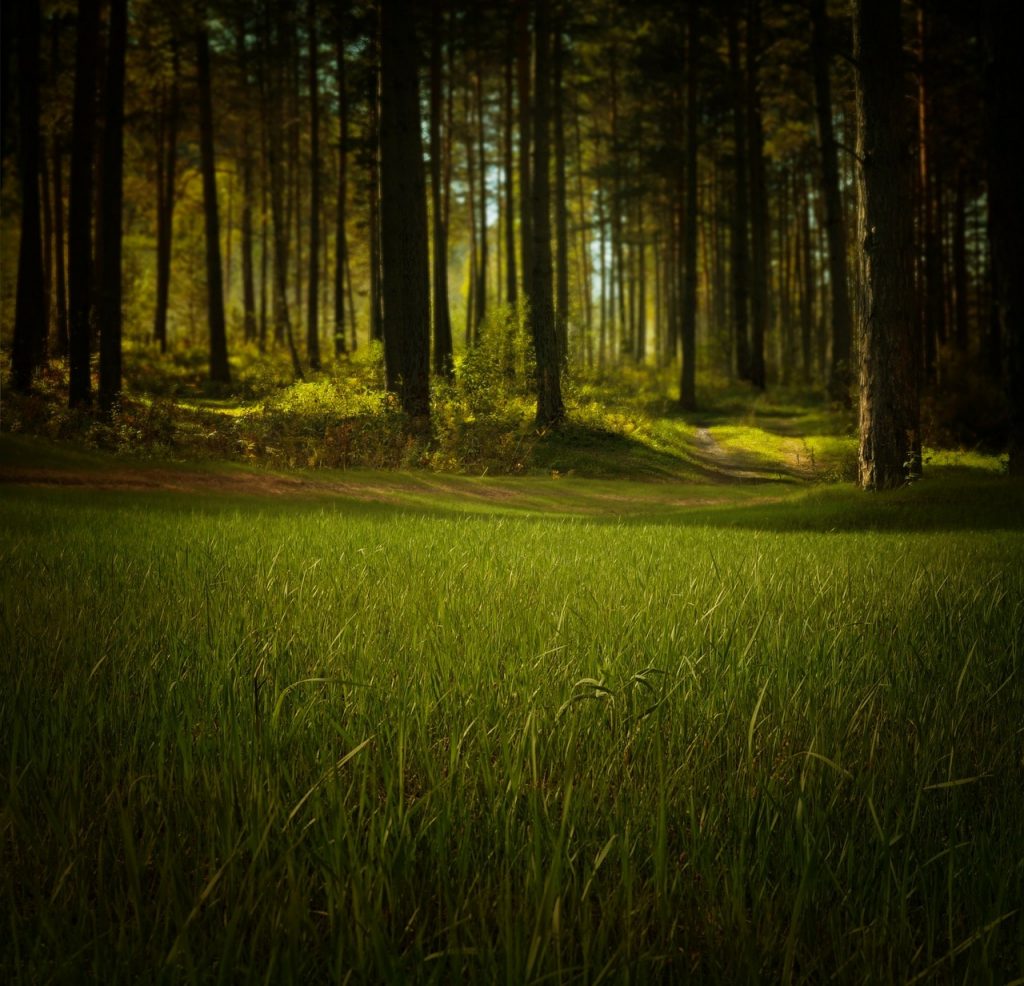Saturday, 22 September
In the morning, early, before anyone was stirring in Çardak, I walked out to the main road and began that day’s walk to Bozan, the next village. I’d made some good friends in Çardak and knew I’d want to come back.
I learned quickly that appearances on the plateau could be deceiving, especially when it came to estimating distances. The sky was big, the roads were straight, and the terrain was mostly flat with a few gentle rollers here and there. There was not much shelter.

When I spotted the village of Bozan ahead of me — my destination for the day — I thought I’d probably be there in 20 minutes. But the village, rather than coming closer, seemed to keep receding into the distance, and I walked two or three hours before I finally reached it.
Other than a place to rest, I didn’t expect much from Bozan, which had a population of barely 100, but as I walked into the village I met a man crossing the highway. He greeted me, “Merhaba!”
His name was Yakup, and he was 28 years old. We shook hands. Yakup escorted me into the village to a tea house where he bought my tea and introduced me to a few other people.
Yakup was from Bozan but lived and worked in the nearby township of Dazkırı. He was an accountant for the township there. Yakub was married with one child, a son who recently celebrated his first birthday.
At the village’s tea garden, Yakup and I met up with his older brother, and the three of us shared a couple of glasses of tea and some get-to-know-you conversation. Yakup offered to show me inside the village mosque. So far, I’d only stayed outside in the mosque gardens where I could chat with people, wash up, sit in the shade, camp, etc, so I said yes, of course, I’d love to see inside the mosque. The three of us gulped down the rest of our tea and walked across the street towards the mosque.
“Take off your shoes,” Yakup reminded me when we reached the door. My shoes weren’t particularly dirty, but it was a standard show of respect expected at any mosque and most private homes in Turkey.

I pulled off my boots and stepped onto the thick layers of overlapping carpets inside. Yakup crossed the room to a table on the other side, where he pulled a Qu’ran from a shelf. I walked over to his side of the room and peeked over his shoulder as he ran his finger along the page. One side of the page was Turkish, the other Arabic.
“Do you know both languages?” I asked.
“I know how to read Arabic, but not speak it. The Qu’ran, in Arabic, is the unfiltered word of God, so we should all learn enough Arabic to read it.”
“This next part is a song,” Yakup continued, pointing back at the page. He began singing. I tried to read along in Turkish, but with my limited Turkish I couldn’t understand much. I just stood by and watched him.
He was very passionate about whatever he was reading and singing. His voice cracked with emotion and his finger trembled slightly as he traced the words. Yakup didn’t try to convert me, though, he just wanted to share his reverence with me.

We can tell a lot about a person by listening to him talk about a subject that is important to him, regardless of what the subject is. How understanding of others this person is. How patient is he? Does he expect others to hold the same views, or is there room in his mind and heart for people who don’t? In five minutes of worship, Yakup was telling me more about himself than he could in an hour of conversation.
After Yakub’s mini demonstration of worship, as we exited the mosque, I mentioned to him and his brother that I should continue on to the next village. Yakup insisted that before I go, we should cross back over the highway and take advantage of a communal lunch that was being held in honor of a wedding taking place later that evening.
“We don’t want you to walk on an empty stomach,” Yakup said. Good idea, I thought, it’s about time for lunch anyway.
Lunch eaten, the three of us went back to the tea garden, shared a couple more cups of tea, exchanged Facebook addresses, and then went our separate ways.
I walked further down the road for about an hour, to a small village called Gökçek, found the mosque, and set up my tent in the mosque garden. Then I laid back in the grass to take a late afternoon nap.
This was one of my favorite mosque gardens so far. I was up out of the hot, humid valley below, so the air was crisp and fresh. The grass beneath me was soft and wispy. I stared up at the tall trees and the passing clouds and drifted in and out of a comfortable doze.

Shortly after dark, one of the villagers shook me from my nap and said to me, “Follow me, let’s go have dinner.”
I had no idea who this man was, nor was I very hungry, but I sprang to my feet and followed him across the street to his house. His wife greeted me at the door and asked me to sit down and have dinner with them. It wasn’t a fancy dinner, just a few dishes of eggplant and some other vegetables they had prepared for their evening meal in their small village home. When we finished I crossed back to the stillness of the mosque garden, lay down in my tent and fell asleep again with a full stomach and a smile on my face.
—
In 2012, Matt sold off or gave away almost everything he owned. He strapped whatever was left to his back, flew to Turkey, and walked across it. Every foot, from one end of the country to the other. Along the way, he slept in mosque gardens, dined with strangers, and stumbled into refugee camps.
This is the story of that journey. We’ll be publishing one chapter each week from his book. If you would like to read the whole thing at once, you can purchase his book titled Heathen Pilgrim: Walk Across Turkey on Amazon.









